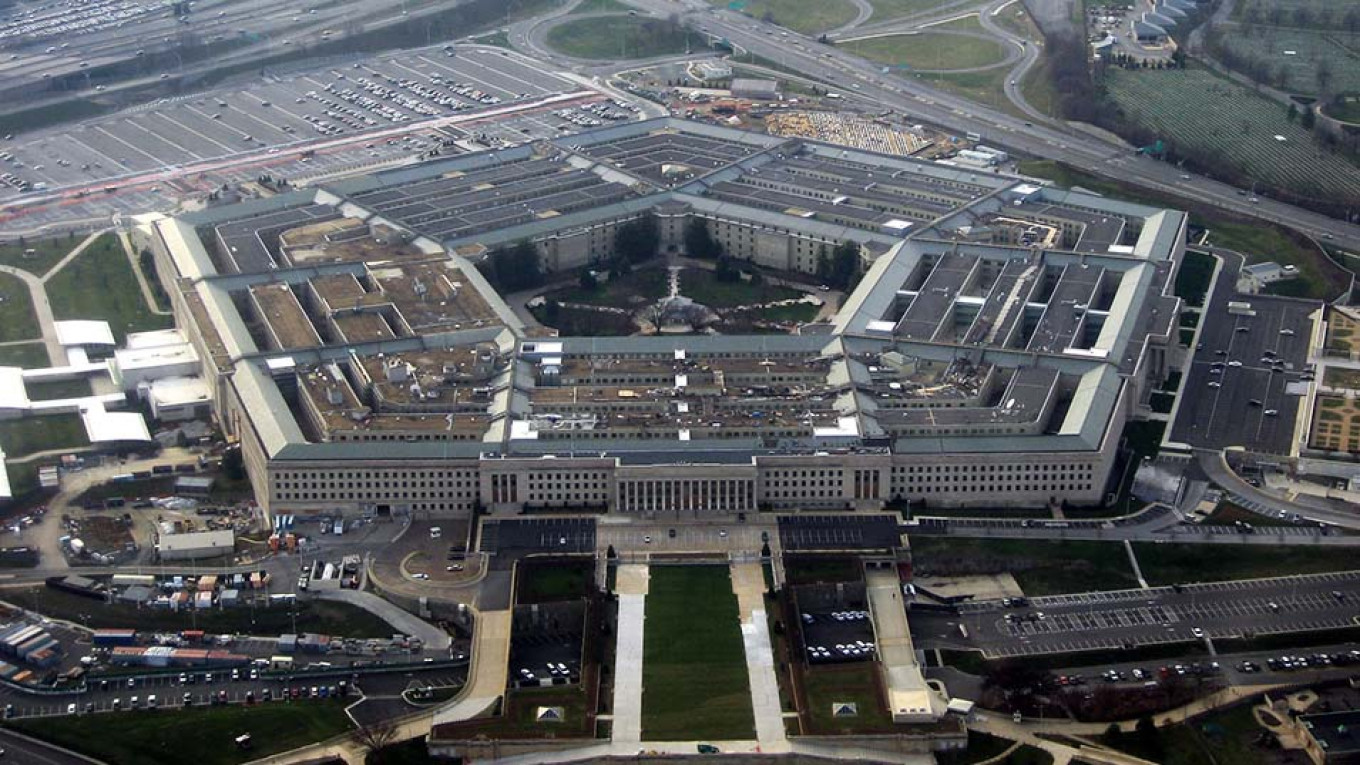
The United States has staged a mock limited nuclear strike on Russia, an unnamed senior Pentagon official said in an unprecedented disclosure that angered Russian lawmakers.
During the simulation the official described as a “mini-exercise,” “Russia decides to use a low-yield limited nuclear weapon against a [U.S.] site on NATO territory.”
“In the course of [the] exercise, we simulated responding with a nuclear weapon,” the official said Friday. “It was a limited response.”
The United States regularly practices the mechanics of nuclear warfare, the U.S. government’s National Defense Industrial Association trade magazine reported Friday. However, the outlet noted that it is “unusual” for senior defense officials to disclose the simulations’ results or for the defense secretary to participate.
Russian lawmakers accused the U.S. of sowing fear within Europe and defended its military presence there.
“The first goal is to get the population used to such an inconceivable conflict resolution scenario as a Russian-NATO nuclear strike,” said Alexander Sherin, the second in command in the lower-house State Duma’s defense committee.
“The second goal is to intimidate Europe’s population and justify the presence of American bases on their territory as guarantors of security,” Sherin told the state-run RIA Novosti news agency.
State Duma deputy Alexei Chepa called the limited nuclear exercise “a good PR campaign” for the U.S. to pressure European NATO members to increase their financial contributions.
Olga Kovitdi, a member of the upper-house defense committee, called the U.S. a master of “bluffing and imitations.” Her colleague, foreign-affairs committee member Sergei Tsekov, said that the Pentagon officials were behaving like “sick people.”
Earlier in February, the Pentagon said it deployed low-yield nuclear missiles on submarines. Russia said the U.S. deployment of the W76-2 ballistic missile warhead alarmed Moscow because it could lead to limited nuclear war.
Russia’s misgivings over U.S. nuclear policy have grown since Washington pulled out of a landmark strategic arms accord, the Intermediate-Range Nuclear Forces Treaty (INF), in August, citing violations by Russia that Moscow denies.
This leaves the New START accord, signed in 2010, as the last major nuclear arms control treaty between the world’s two biggest nuclear powers. New START limits the number of long-range nuclear warheads they can deploy.
Reuters contributed reporting to this article.
